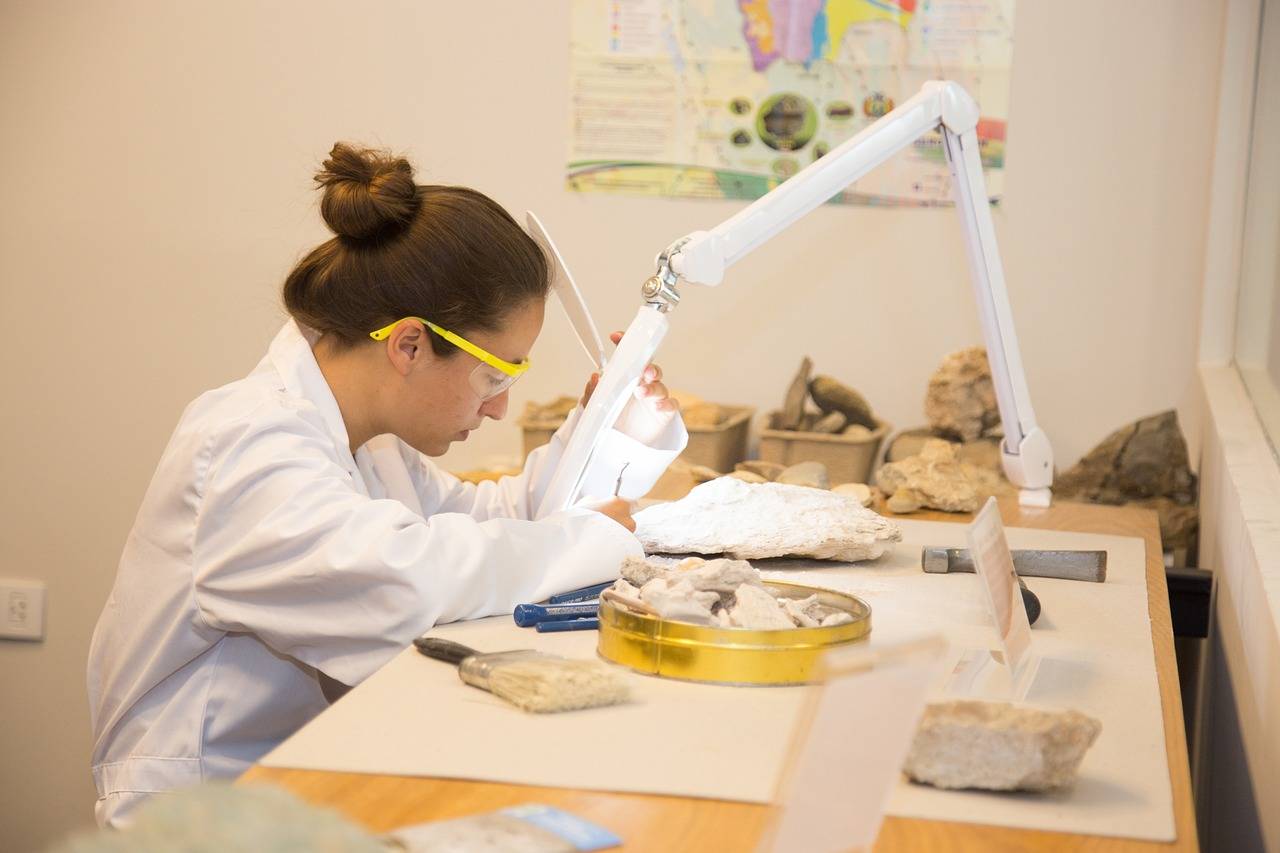The Role of Community Colleges in Workforce Development Initiatives
Community colleges play a crucial role in addressing the evolving needs of the workforce. They provide affordable education and training programs that are closely aligned with the requirements of various industries. By offering a wide range of certificate and degree programs, community colleges equip students with the necessary skills to succeed in today’s competitive job market.
Additionally, community colleges offer flexibility in scheduling, making it easier for working professionals to further their education and enhance their skill set without disrupting their current jobs. This accessibility ensures that individuals from diverse backgrounds have the opportunity to acquire the knowledge and training needed to meet the demands of a changing economy.
Partnerships with Local Industries
Community colleges play a vital role in fostering partnerships with local industries to meet the demands of the workforce. These collaborations enable colleges to tailor their training programs to the specific needs of industries, ensuring that graduates are well-equipped with the skills and knowledge required to excel in their chosen field. By working closely with local businesses, community colleges can provide students with valuable hands-on experience and opportunities for internships or apprenticeships.
Through these partnerships, community colleges also gain valuable insights into the latest trends and advancements within various industries. This knowledge allows colleges to continuously update and refine their training programs to align with the evolving requirements of the job market. As a result, students are better prepared to enter the workforce with the relevant skills and expertise needed to succeed in their careers.
Customized Training Programs
Community colleges offer customized training programs that cater to the specific needs of local industries. These programs are designed in collaboration with industry experts to ensure that students are equipped with the skills and knowledge required in the workforce. By customizing training programs, community colleges are able to bridge the gap between traditional education and industry demands, providing students with practical and relevant training that prepares them for successful careers.
The flexibility and adaptability of customized training programs offered by community colleges allow individuals to acquire specialized skills quickly and effectively. These programs are designed to address the evolving needs of the workforce, providing students with up-to-date training that is directly applicable to their chosen field. By offering customized training programs, community colleges play a crucial role in developing a skilled workforce that meets the demands of the local industry, ultimately contributing to economic growth and prosperity.
What are the benefits of community colleges in workforce development?
Community colleges provide affordable and accessible education and training programs that are tailored to meet the needs of local industries. They play a crucial role in preparing individuals for the workforce and helping them acquire the skills needed for in-demand jobs.
How do community colleges collaborate with local industries?
Community colleges often form partnerships with local industries to better understand their workforce needs and develop customized training programs. These partnerships help ensure that the training provided is relevant and aligns with the skills required by employers in the area.
What are customized training programs?
Customized training programs are education and training initiatives that are specifically designed to meet the needs of a particular industry or employer. These programs are developed in collaboration with industry partners and are tailored to address specific skill gaps or requirements within the workforce.





